Pakistan: a failing society
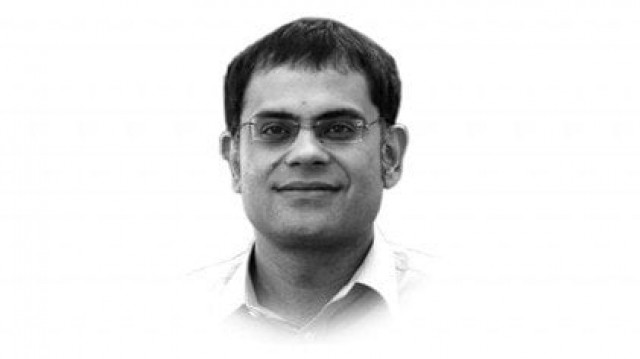
The net result has been that we are a society that is divisive with embedded violence all around. Much has been said about Pakistan as a failing or failed state. Such prognoses have been manufactured in the dominant capitals of the West. True, such claims are exaggerated and self-serving for they provide a tailored worldview that Pakistan is a place that needs to be ‘fixed’.
While we are cognisant of such imperatives, let us not be blind to our deeply iniquitous and un-just society that needs major healing, reconciliation and perhaps surgery. Pakistan from 1947 to 1971 could not become a cohesive society, as the cultural-political identity of the Eastern Wing, now Bangladesh, was never accepted. Efforts to create a uniform identity failed and ultimately our majority province severed all ties with us. Ironically, this was a province at the forefront of the Pakistan movement.
After 1971, we continued to develop a national security obsessed state and society at the expense of regional, ethnic, religious and cultural diversity. Dissent, pluralism and multiple identities were all sent to gallows by the General Zia decade, which nurtured violence, sectarianism and hatred across the country. The legacy of the Zia years has been difficult to undo.
Even the recent saviour, General Musharraf could hardly reverse the way our state functioned. States and societies exist in a symbiotic relationship and a failing state has far reaching impacts.What is it that renders society, if there were such an entity, is worrisome. There has been a continuous breakdown of traditional social systems such as jirgas and panchayats.
These institutions were germane to the local society and had a social purpose. In the Fata and Khyber-Pakhtunkhwa they have been rendered ineffective and where they are functional they are instruments of control and punishment. Formal systems of justice have not filled in the vacuum. Endemic poverty has contributed to the growth of religious militancy and intolerance. By dismissing the Taliban movement as a state-led phenomena we ignore how the idea of quick justice and land rights had captured public imagination in pockets of Khyber-Pakhtunkhwa, Fata and elsewhere. In a cohesive society, citizenship is a right enjoyed, albeit relatively, by all in equal measure.
However, unequal benefits of citizenship define our society. People who live in Fata, Pata, AJK, Gilgit-Baltistan, parts of Balochistan and south Punjab and non-Muslims have a tentative citizen status. Lack of access to public services leave a majority of the poor at the mercy of intermediaries such as touts, contractors, middlemen and alienates them from the mainstream. This is why violence is now a means for redressing grievance. Consequently, high levels of tolerance for corruption mark the Pakistani society.
Corruption is not a Pakistan-specific issue, but its social legitimacy here is startling. No longer are corrupt practices considered shocking but they have, over the decades, acquired the status of a norm. Our inability to develop tolerance for multiple identities means that exclusionary and localised identities – biradari, tribe, sect and ethnicity – define us. Not surprising that only 14 per cent of the youth in a recent survey saw themselves as Pakistanis. Three quarters viewed themselves as Muslims.
Now what happens to those declared as non-Muslims or even sects that have been branded as wajibul qatl (fit for murder)? Considering that Pakistan will soon have a majority of a young population, this is alarming. Our political elite is making efforts to empower provinces so that we have a functional federal system and the recent additions to fundamental rights such as education and right to information are steps in the right direction. However, the challenges are immense and remedies inadequate.
Never before was set for a transformation and popular mobilisation to clean up the body politic. And, the moment may arrive sooner than anticipated.

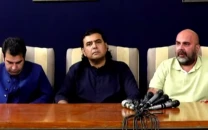
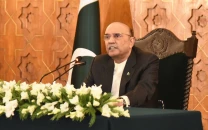
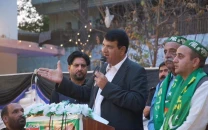
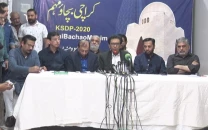

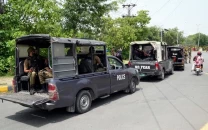












COMMENTS
Comments are moderated and generally will be posted if they are on-topic and not abusive.
For more information, please see our Comments FAQ